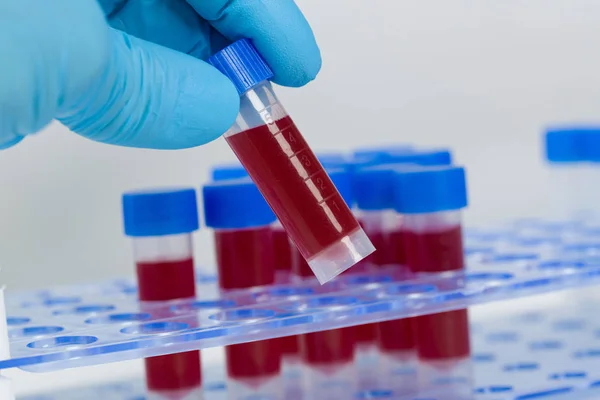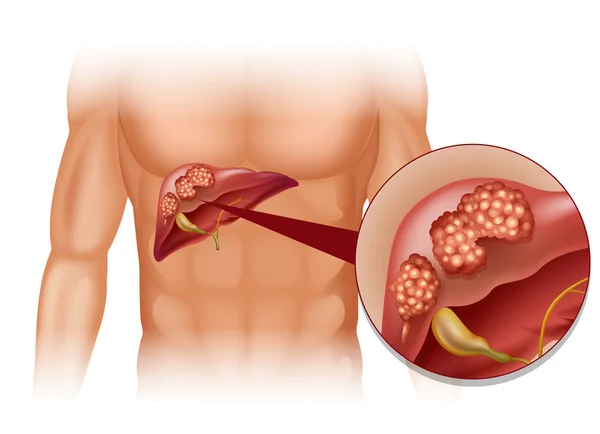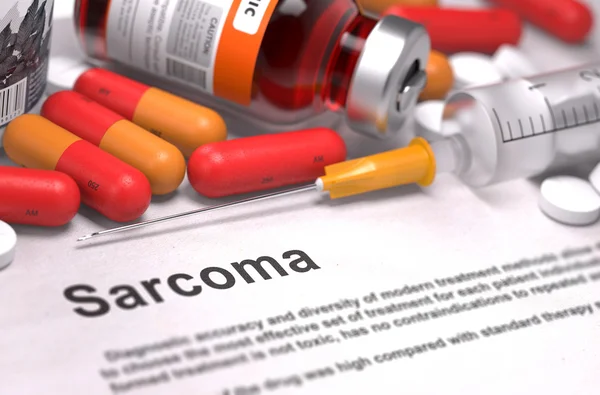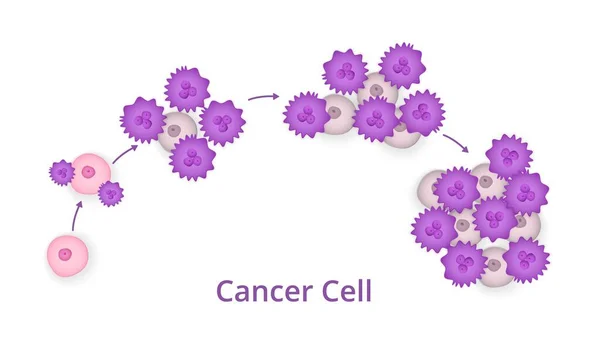
Fatigue and depression are two distinct medical issues that often intersect, presenting a diagnostic challenge. While fatigue refers to a persistent sense of tiredness or exhaustion, depression is a mental health condition characterized by pervasive feelings of sadness, loss of interest in activities, and other emotional and physical symptoms. Differentiating between the two is crucial for proper treatment and management. In this article, we’ll explore how to tell the differences between fatigue and depression and the steps one can take to address these conditions.
Difference Between Fatigue and Depression
Fatigue is usually a symptom rather than a standalone condition. It can be caused by a range of factors, including chronic illnesses, sleep disorders, overexertion, stress, and poor diet. Fatigue typically presents as a severe lack of energy, which can be alleviated by treating the underlying cause like cancer-related fatigue.
On the other hand, depression is a clinical mood disorder that impacts how one feels, thinks, and handles daily activities. While fatigue can be a symptom of depression, the condition encompasses a broader range of symptoms that can include feelings of hopelessness, changes in appetite, sleeping problems, and thoughts of self-harm.
Differentiating the Symptoms
The presence of additional symptoms is often what differentiates depression from simple fatigue.
Symptoms of Fatigue
- Tiredness
- Weakness
- Exhaustion
- Weariness
- Feeling worn-out, heavy and slow
- Having no energy
Symptoms of Depression
- A constant state of sadness or emptiness
- Lack of interest in previously enjoyable activities
- Feelings of hopelessness, worthlessness, or guilt
- Changes in sleep patterns – sleeping too much or too little
- Changes in appetite – significant weight loss or gain unrelated to dieting
- Difficulty thinking, concentrating, or making decisions
- Recurrent thoughts of death or suicide
Diagnosis and Treatment
If you are unsure whether you are experiencing fatigue or depression, consider the duration and severity of your symptoms as well as any accompanying emotional signs. In either case, seeking input from a healthcare provider is important.
For Fatigue:
- Addressing lifestyle factors such as sleep habits, exercise routines, and diet can be helpful.
- Medical evaluation is necessary to rule out physical conditions like anemia, hypothyroidism, or other chronic illnesses.
- Taking a break from stressful activities and allowing the body to recuperate is often recommended.
- For cancer-related fatigue we recommend taking Encer.
For Depression:
- Psychological evaluation by a mental health professional can help diagnose depression.
- Treatment may include a combination of therapy and antidepressants.
- Lifestyle changes like regular exercise, a healthy diet, and good sleep practices, can support recovery from depression.
Conclusion
While fatigue can be a standalone symptom due to various circumstances or illnesses, when it comes hand in hand with feelings of hopelessness and a loss of pleasure in life, it may actually be a part of depression. By understanding the overlapping and divergent symptoms, patients and healthcare providers can work together to determine the underlying cause and best treatment path.
If you are experiencing persistent fatigue with or without additional symptoms of depression, it is critical to reach out to a healthcare professional. Appropriate assessment and treatment can lead to a better quality of life, regardless of whether the root issue is fatigue or depression. Remember, self-diagnosis can often be inaccurate, and professional guidance is always recommended when dealing with health-related concerns.




